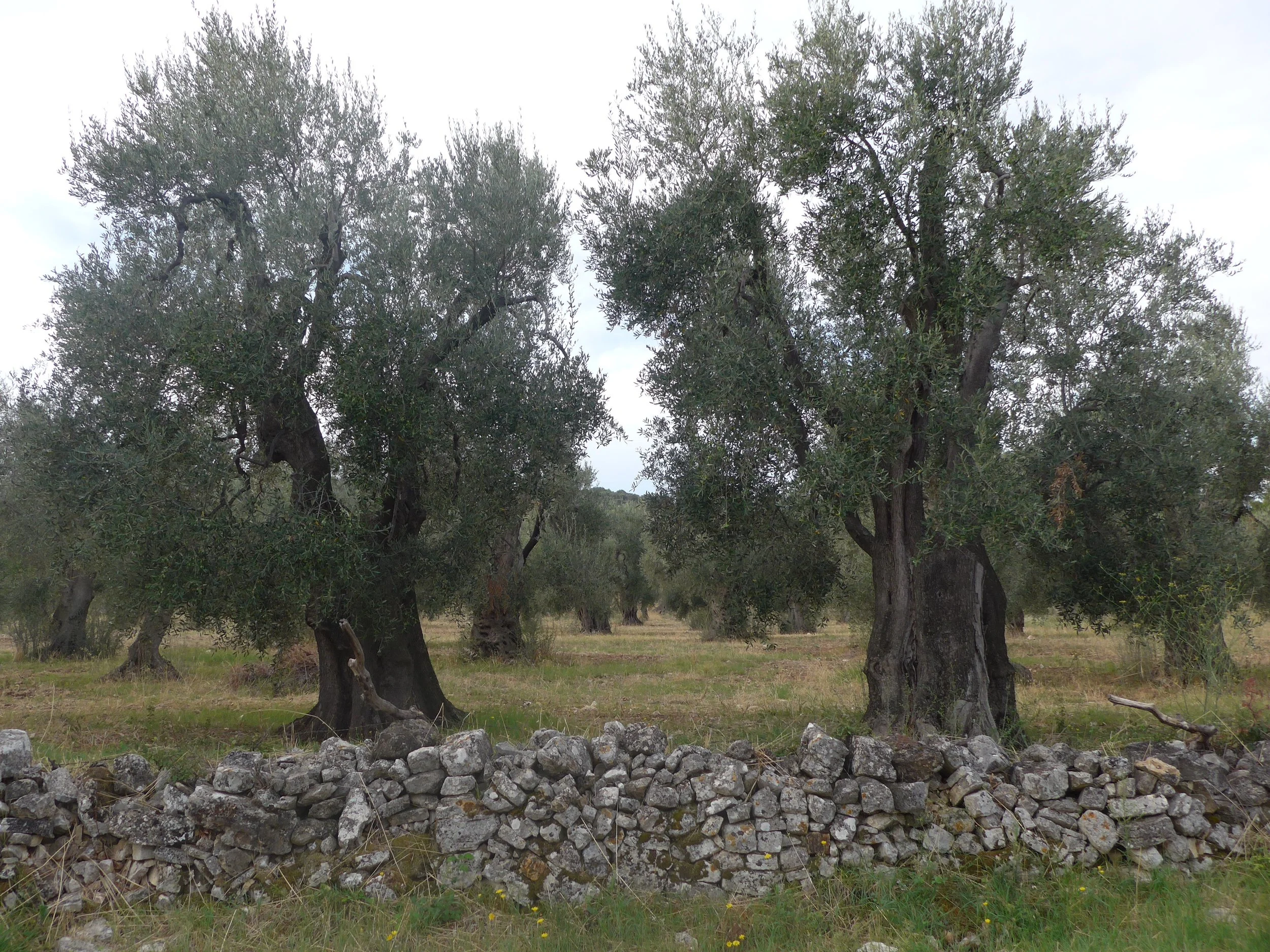Originally published in the Napa Valley Register on September 26, 2022.
This summer I found myself many miles from California, travelling through its sister lands. We started in France, then went down Italy, all around Greece, and up through Albania, Montenegro, Bosnia-Hercegovina, Croatia, and Slovenia. In many ways these countries boarding the Adriatic Sea are like California. A Chapparal landscape of scrubby brush, small trees, rocky soils, and mountainous terrain falling to the sea. Dry and hot, with scars of fire.
It was a once in a lifetime trip. Particularly because we would normally be farming under the hot dry sun of the Capay Valley. But drought and a bad well allowed my family and I a “forced sabbatical” (it sounds much better than climate refugee). With the kilometers passing by and nothing but the next destination ahead of us, we had the time to mourn, explore, and dream.
These weeks I allowed myself to mourn the summer of farming that should have been and was not. I mourned the uncertain future that California and the whole planet faces in the coming years as climate change rears its hot, dry head around the globe. I mourned that I could not fully enjoy all the beauty I saw without wondering if it would still exist in twenty years.
Then came the exploring. We went through valleys, over mountains, along seas, into bays, across plains, everywhere. We saw small farms growing in every corner of the land, sometimes on top of a mountain, sometimes in the bottom of a karst polje. And in every country, growing in the most unlikely places, were grapes and olives.
In Napa, a land of Dionysos, it is old news that grapes are planted everywhere and in the most unhospitable places all through Europe. Afterall, we brought some of this madness to California, with our grapes planted on hot mountain hillsides and wines to rival the old world. The gifts of Dionysos are seen all around the Adriatic but let us not forget that he was the youngest Olympian, and before there were grapes, there were olives.
In a contest between Poseidon and Athena, the first Athenians chose Athena’s gift of the olive tree over Poseidon’s saltwater spring. As myth goes, this was the first olive tree and forever gave Greece and its sister lands the many offerings of olives: food, oil, wood.
Driving around the Adriatic Sea, Athena and her olive tree reign above all else. If there is a square inch of land, a lonely mountain, a cliff overlooking the sea… you are sure to find an olive orchard. In fact, I do not think you can call yourself a farmer in Greece or Italy if you do not have an olive orchard.
By orchard, I am sure you picture a square, flat field with orderly rows and neatly pruned trees. But an orchard is a much looser term in the land of Athena. Instead, they are ecosystems of olive trees, planted in any which way, with trees pruned into the shape of goblets, witches, waterfalls, and bouquets. Spacing between trees is in soft organic lines, with rocks and the occasional fig tree underneath the olive canopies. It is simply beautiful, and seeing these orchards touched some primordial part of my soul that knows olives are a gift so good, only a goddess could grant it.
California, so similar an ecosystem to Greece, is also a land of olives. But as we love to do in California agriculture, we grow this beautiful plant efficiently and profitably by planting olive trees in hedges. Every year the trees are “pruned” by an overlarge side-ways weedwhacker to make dense, straight rows of olive plants. We grow a lot of olives in California, but it is not in orchards that inspire stories of goddesses, nymphs, and legends.
Travelling the Adriatic Sea and seeing all these olives grown in every corner of land made a small farmer like me dream. I now dream of a beautiful orchard of olive trees on our farm, grown with art and with nature, not against it. I dreamt of farming for beauty and not just for profit, and of farming a plant that adapts to our climate rather than gives up. Who knows, perhaps the future of California farming can replace large orchards of thirsty walnuts with small orchards of olive trees.
At the Napa Farmers Market, you can find one wonderful olive farmer, Atlas Peak Olive Oil, who grows her olives with heart and art on the hills of the Napa Valley. If you are lucky, you can enjoy their fresh olive oil in the coming weeks, as this season’s olive harvest is upon us.
